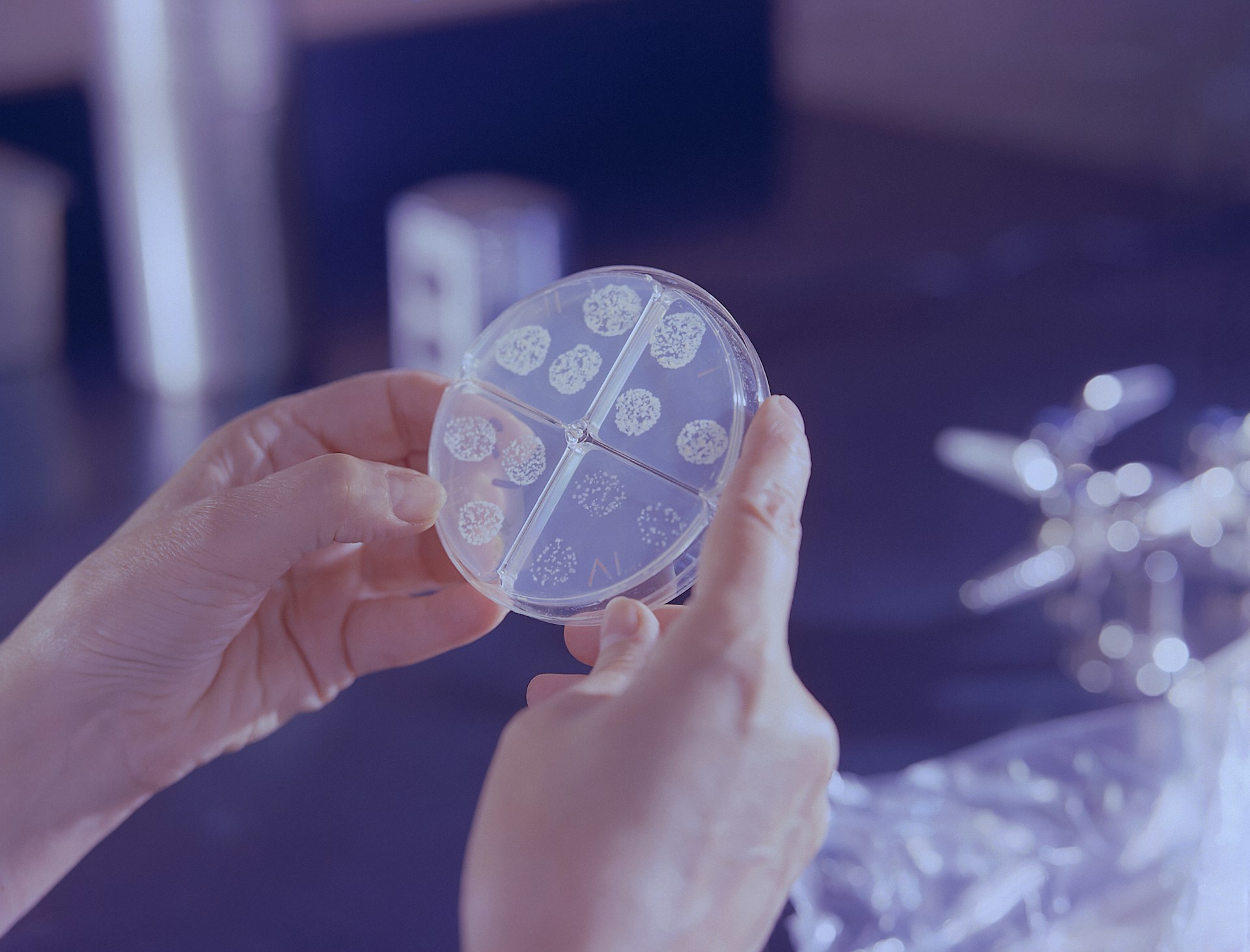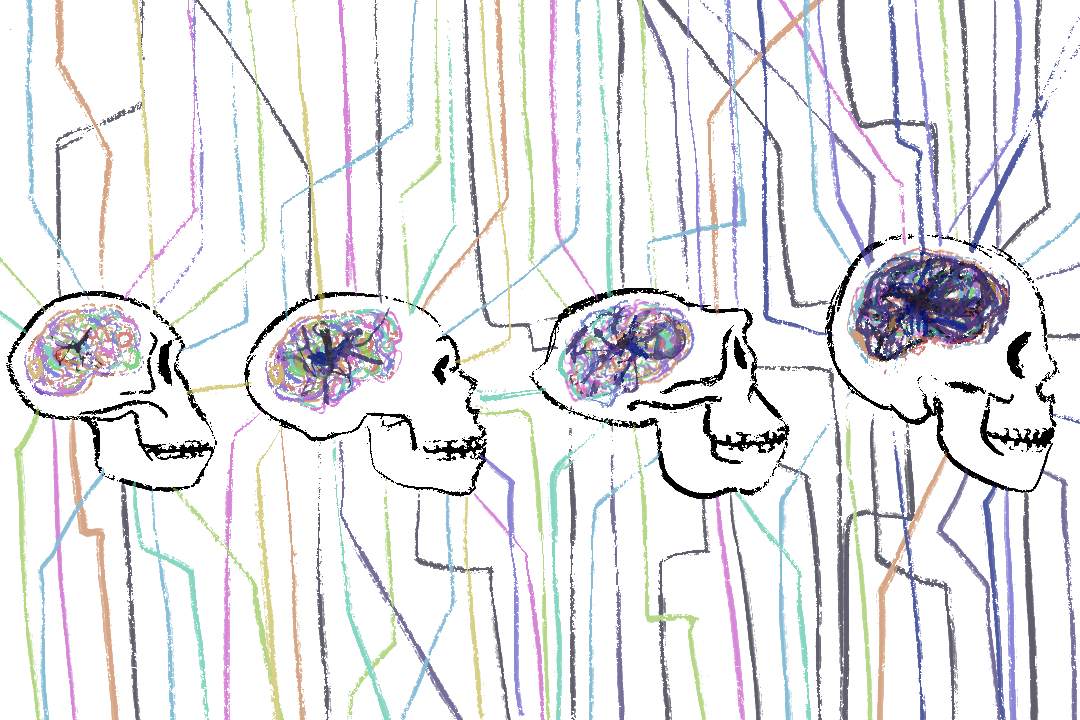Over the past year Vallance and Whitty, as well as Anthony Fauci from further afield, have become household names. Separating fact from fiction, the phrase ‘next slide please’ echoed in our collective memories as we huddled round the television watching the Downing street briefings like listening to Churchill on the wireless, an analogy that annoyingly I am sure Boris Johnson would love. The advisors have been a good news story throughout this year, providing a welcome and indeed seemingly competent alternative to whichever minister is standing at the centre podium.
This newfound time in the spotlight and the positive reception they have enjoyed has led to them adopting an almost celebrity like status. But unlike the likes of Brian Cox or David Attenborough, these ‘celebrity’ scientists are in positions of power and influence at a time of national crisis. The increasing profile of scientific advisors is a global trend and some are praising the supposed increased engagement between the scientific community and the general public. However, the deification of these advisors could be leading to disillusionment in the scientific method itself, the process by which these conclusions are reached, and the cornerstone by which scientific research is undertaken.
What is not included by the advisors, for all their effective communication skills and hammering home of stay at home messages, is the vast array of different scientific opinions that span the entire scientific community. The advice is displayed as fact when in reality it is their best guess, a strategy based on assumptions of what we know of a new virus and not the cold hard fact that it is presented to be.
The focus on a few scientific advisors that have to balance a wide variety of research to create one policy creates a false image of a definitive right answer, one right way of doing things, which, certainly with a new virus, is simply not the case. Therefore any change in the advice given, such as the change in attitude towards the wearing of face coverings, after the previous advice had seemingly been presented as indisputable fact, leads to a gradual corrosion of public trust that can manifest itself into greater problems. This is all but heightened by a pandemic response that has been defined by U-turn after U-turn, either due to the changing of scientific evidence, or more often than not, political incompetence.
Another side effect of this flip-flopping that is seemingly without explanation is that it can facilitate the maturation of damaging conspiracy theories. This can allow the fringes of society to take hold of specific papers that are potentially from credible journals that display a different conclusion to the mainstream which can then be used as ammunition and evidence of a conspiracy.
I understand the need for a single and coherent voice and response; in a time of crisis, we need clear leadership and direction to ensure that decisive action can be taken at the national level. The focus and trust of the public on these few advisors therefore serves this very well. However, this is not increasing scientific engagement with the public, but worsening it, through a lack of meaningful engagement with the scientific process. This is particularly unfortunate as this is at a time when everyone is actually listening to what science has to say. Focus is instead on factoids, not the details of a process that we are asking a population to put its faith in.
This is not necessarily the fault of the scientists themselves, rather a media and political environment that does not take scientific advice seriously, and a series of failings that have taken place over decades to properly prepare the wider population for an event such as this. This is a result of years of neglect to adequately educate the general public in scientific matters, either through incorrectly reporting new scientific discoveries, not emphasising their significance or not even reporting them in the first place. This is also a result of a poor education system when it comes to sciences, far too often people remember that the mitochondria is the powerhouse of the cell or that Isaac Newton wore a funny wig, but have not learnt, or did not need to be taught, the complexities of the scientific method or appreciation of statistical proof to actually prepare them for an event such as this pandemic, instead opting for rote learning and mnemonics.
This is not just important for now, but will become vital in the next few years. We have unprecedented issues facing us over the course of this century: climate change, the improving techniques of genetic modification and the urgent focus required for both food and water security. An appreciation of the scientific method to facilitate informed discussion has never been more vital.
Many of the mistakes made during this pandemic were made years ago; let us not make those same mistakes again.
photo credit: “Chris Whitty and Patrick Vallance Covid-19 Briefing” by UK Prime Minister is licensed under CC BY-NC-ND 2.0





